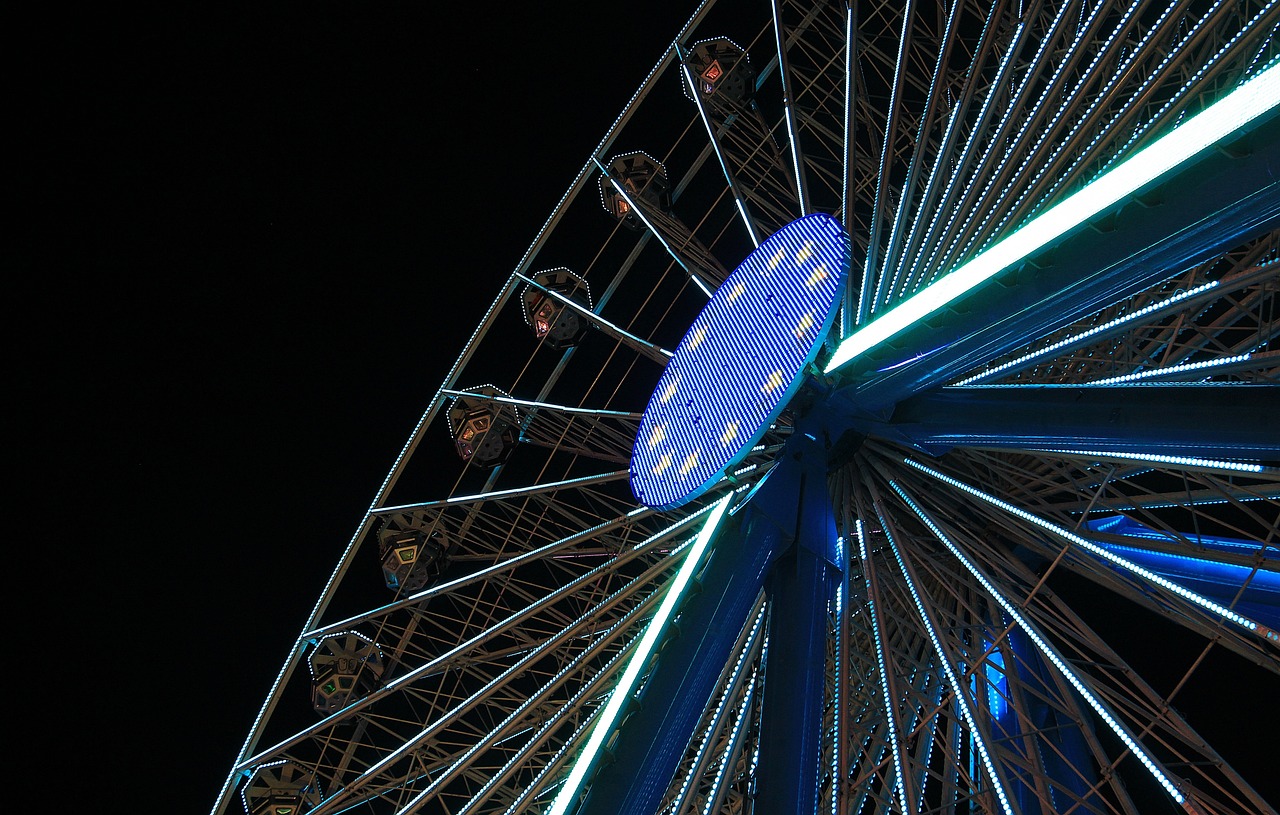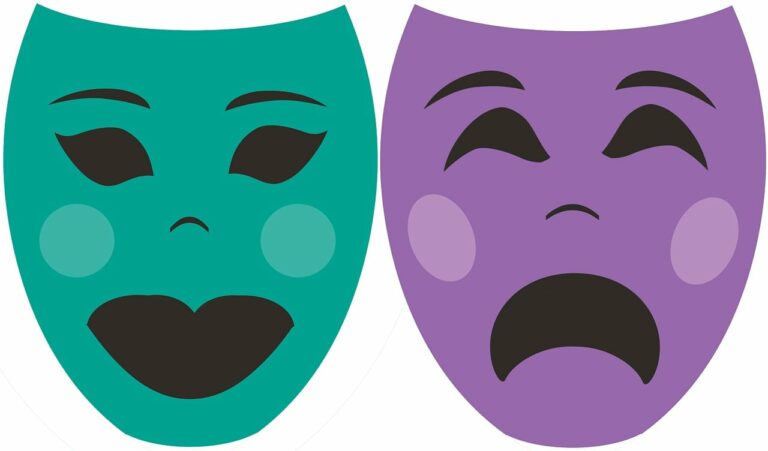Future of Entertainment Journalism: Professional Perspectives
In the fast-paced world of digital media, entertainment journalists encounter a multitude of challenges that can impact the quality and authenticity of their work. One such challenge is the constant demand for instant news updates, leading to a pressure to deliver content quickly without compromising on accuracy. This need for speed can sometimes overshadow the importance of thorough fact-checking and in-depth research, potentially leading to the spread of misinformation within the industry.
Additionally, the rise of social media platforms has revolutionized the way news is consumed and shared, presenting both opportunities and obstacles for entertainment journalists. While social media provides journalists with a direct channel to connect with audiences and promote their work, it also amplifies the risk of sensationalism and clickbait headlines in pursuit of higher engagement metrics. Navigating these digital spaces requires a delicate balance between staying relevant and maintaining journalistic integrity amidst the noise of competing voices and constant online distractions.
Impact of Social Media on Entertainment Journalism
The advent of social media platforms has undeniably revolutionized the landscape of entertainment journalism. With the rise of platforms like Twitter, Instagram, and TikTok, information now spreads at lightning speed, impacting the way news is shared and consumed in the entertainment industry. Social media has enabled journalists to reach a broader audience instantaneously, breaking news and updates in real-time to engage with readers in a more interactive manner.
Moreover, social media has blurred the lines between celebrities and journalists, allowing for a more intimate connection between stars and their audience. This direct access has reshaped the traditional dynamics of entertainment journalism, giving public figures a platform to control their narratives while also facing increased scrutiny from both journalists and fans. The constant influx of content on social media has also challenged entertainment journalists to stay relevant and maintain credibility in a competitive and fast-paced digital landscape.
• Social media platforms like Twitter, Instagram, and TikTok have revolutionized how information is shared in the entertainment industry.
• Journalists can now reach a broader audience instantly and engage with readers in real-time.
• The lines between celebrities and journalists have become blurred, allowing for a more intimate connection between stars and their audience.
• Public figures now have a platform to control their narratives but also face increased scrutiny from journalists and fans.
• The constant influx of content on social media has challenged entertainment journalists to stay relevant and maintain credibility.
The Evolution of Content Creation in Entertainment Journalism
Content creation in entertainment journalism has witnessed a significant shift in recent years. With the rise of digital platforms and online media outlets, journalists are constantly adapting to new ways of crafting engaging and compelling stories. The traditional methods of reporting have evolved to incorporate multimedia elements such as videos, podcasts, and interactive graphics to cater to the changing preferences of the audience.
Gone are the days when a simple written article sufficed to capture readers’ attention. Today, journalists in the entertainment industry are expected to deliver content that is not only informative but also visually appealing and shareable across various platforms. The use of social media and online tools has become integral to the content creation process, allowing journalists to reach a wider audience and engage with readers in real-time. As the landscape of entertainment journalism continues to evolve, it is essential for content creators to stay ahead of the curve and embrace new technologies to produce relevant and impactful stories.
What are some of the challenges faced by entertainment journalists in the digital age?
Some of the challenges include dealing with the constant influx of information, maintaining credibility in a world of clickbait, and adapting to the fast-paced nature of online media.
How has social media impacted entertainment journalism?
Social media has greatly impacted entertainment journalism by changing the way news is disseminated and consumed. It has also made it easier for journalists to connect with their audience and promote their content.
How has content creation in entertainment journalism evolved over the years?
Content creation in entertainment journalism has evolved from traditional print publications to digital platforms such as websites, blogs, and social media. Journalists now have to be multi-faceted in their skills, incorporating video, podcasting, and social media into their work.







